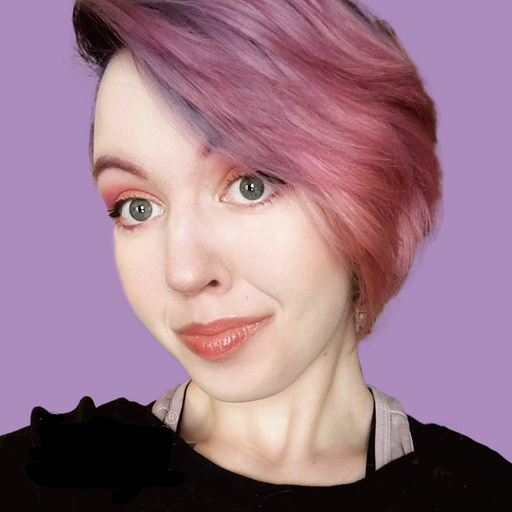Heroin Addiction Treatment & Abuse

By The Orlando Recovery Center
Editor Heather Lomax | Medically Reviewed By Dr. Jessica Pyhtila, PharmD
Last Updated: December 15, 2023
If you are in an immediate emergency, call 911. If you are looking for more information on substance abuse treatment and it is not a medical emergency, call our 24/7 Heroin Helpline at 844-584-4185.
What Is Heroin?
Heroin is an opioid drug made from morphine. Morphine is a natural substance taken from the seeds of opium poppy plants. To increase their profits, dealers may add other ingredients to the heroin to increase its weight. These ingredients include sugar, powdered milk and baking soda.
What Does Heroin Look Like?
Heroin is typically a white or brownish powder with the texture of sugar, starch or powdered milk. Heroin can also be a black sticky substance known as black tar heroin.
How Heroin Addiction Happens
Opiates and opioids are highly addictive drugs. Even when taking prescription opioids as prescribed, there is still a risk of addiction. Up to 6% of people who abuse prescription opioids eventually transition to heroin, becoming addicted to the drug, and about 80% of people who use heroin previously misused prescription opioids.
Common Signs of Heroin Addiction
The signs of heroin addiction can vary based on genetic makeup, the amount of the drug used, the frequency of use and the dependency on the drug. There are several signs of heroin use with varying identifiers, including psychological, physical and behavioral signs.
Psychological signs and symptoms include:
- Euphoria
- Sleepiness
- Wakefulness
Behavioral signs and symptoms include:
- Avoiding loved ones
- Decreased personal hygiene
- Losing interest in favorite activities
- Increased sleeping
- Apathy and lack of motivation
- Wearing long pants and shirts, even in warm weather
- Interpersonal problems with family and friends
Physical signs and symptoms include:
- Track marks on arms and legs (if injected)
- Constantly running nose (if snorted)
- Shortness of breath
- Nausea, vomiting and weight loss
- Frequent respiratory infections
- Dry mouth
- Warm, flushed skin
- Extreme itching
- Scabs or bruises (the result of picking at the skin)
Why Is Heroin Addictive?
Heroin is highly addictive because it triggers the brain’s reward system. This leads to a surge in dopamine, the brain’s feel-good chemical, that leads to a craving for the drug. Because the drug has a rapid onset but only lasts for a brief time, people will often want another dose.
People who regularly use heroin often develop a tolerance, which means that they need larger amounts or more frequent doses of the drug to get the desired effects. A substance use disorder may develop and cause health problems and failure to meet responsibilities at work, school or home.
Heroin Addiction Treatment
Struggling with a heroin use disorder may make you feel hopeless, but help is always available. Heroin detox centers can help you stop using heroin while minimizing withdrawal symptoms with programs like medication-assisted treatment (MAT). Doctors may prescribe methadone or buprenorphine to help with heroin cravings and withdrawal symptoms.
After detox, the hard work of rehab can begin, where you learn to live a heroin-free life and develop coping skills to avoid relapse. The Orlando Recovery Center offers medical detox, inpatient and outpatient rehab services, helping you every step of the way as you recover from addiction and start a new, drug-free life. Contact a Recovery Advocate today.
Heroin Abuse in Florida: How Bad Is the Heroin Epidemic?
Heroin has hit Florida hard for years. Exact statistics on heroin in Florida are not available because the drug is rapidly converted to morphine in the body, which skews the data. However, overdose deaths in Florida spiked 70% during the height of the COVID-19 pandemic. As of 2021, overdose deaths in Florida remain high.
Local Resources for Heroin Addiction
A heroin addiction can occur quickly, but there is hope. Facilities like the Orlando Recovery Center can help you, along with these local resources:
Sources
National Institute on Drug Abuse. “What Are the Signs of Having a Problem With Drugs?” January 4, 2021. Accessed November 21, 2021.
Department of Justice, Drug Enforcement Administration. “Heroin.” April 2020. Accessed November 21, 2021.
National Institute on Drug Abuse. “Opioid Overdose Crisis.” March 11, 2021. Accessed November 21, 2021.
Centers for Disease Control and Prevention. “2018-2019 Heroin Overdose Data.” March 19, 2021. Accessed November 21, 2021.
Santich, Kate. “Central Florida drug OD deaths up 70% du[…] COVID, report shows.” Orlando Sentinel, December 2, 2020. Accessed November 21, 2021.
Orlando Sentinel Editorial Board. “Start treating opioid overdoses and deat[…]t as an afterthought,” Orlando Sentinel, September 3, 2021. Accessed November 21, 2021.


